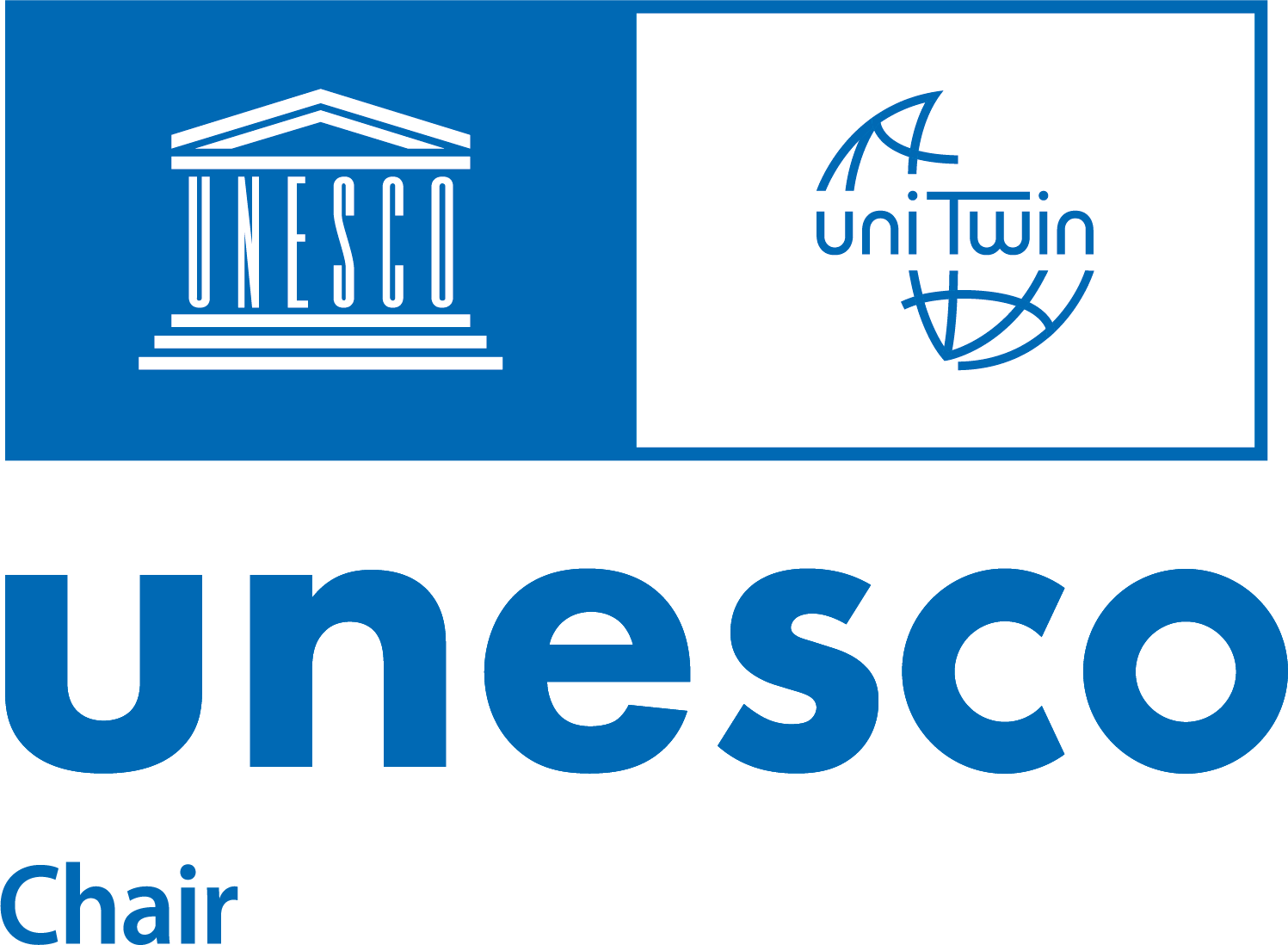Overview of the Chair
The UNESCO Chair in the Ethics of the Living and the Artificial (EVA) is dedicated to the ethical and political analysis of recent developments related to the living and the artificial, and seeks to actively involve ethics in the entirety of the innovation process. Its field of inquiry ranges from issues of human, animal, and environmental bioethics to digital technology and artificial intelligence. The UNESCO EVA Chair employs a transdisciplinary methodology, thanks to its team of experts from various fields, who contribute diverse perspectives.

Goals of the Chair
- To develop new theoretical tools within ethics at the interface of the living and the artificial, and to re-examine these two categories.
- To develop new practices—in particular, clinical practices—at the interface of the living and the artificial.
- To increase co-operation between the research community and civil society, as well as with political and economic actors, especially within the framework of North/South exchanges and dialogue.
- To promote pluralism in the development of new technologies, particularly in terms of gender and culture.
Research program
Its research program is organized around three distinct but complementary axes:
Axis 1: Freedoms and determinisms
Axis 2: Gender
Axis 3: Responsibilities
Last and future events
- Symposium
- General Public
-
Storytelling, Telling History
Recent publications
Network
The Role of the UNESCO Chair EVA is to work as a think-tank, interacting with other related themes UNESCO Chairs and with research laboratories in France and abroad. In addition, the Chair is based on the synergy of major research institutions in France (INSERM, CNRS) and higher education (Université Côte d’Azur and Paris 1), opening up a spectrum ranging from human and social sciences to hard sciences and clinical studies.
The framework is international and oriented towards the dialogue of cultures in an educational perspective.

















